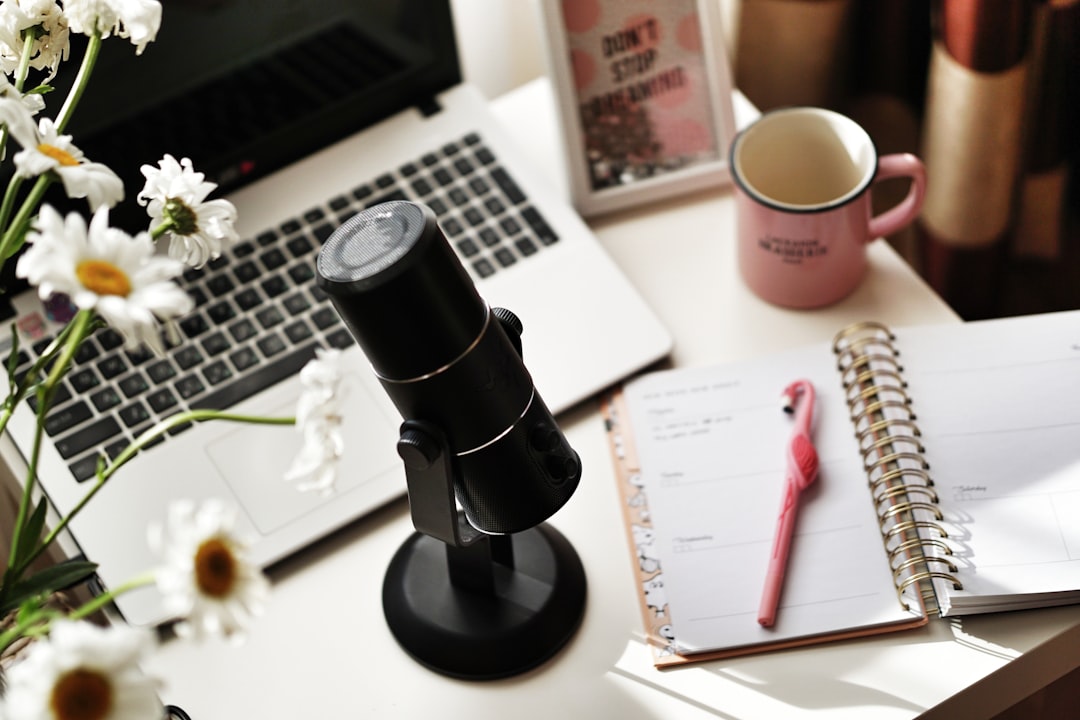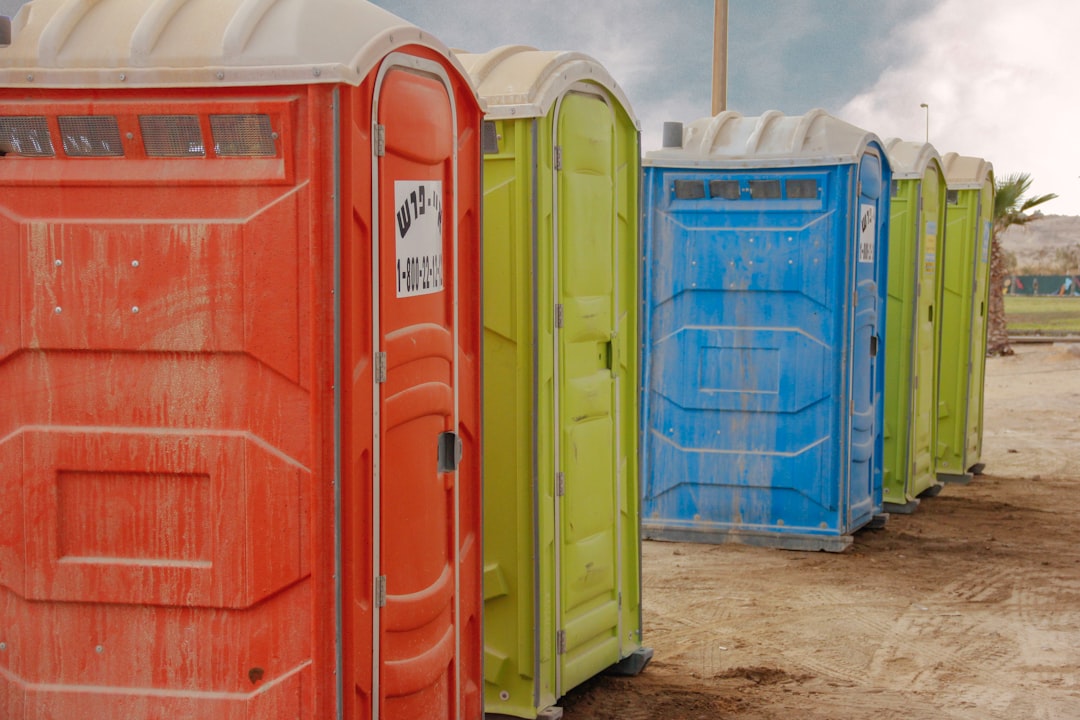Learning about sexual wellbeing and urinary issues (new podcast episodes)
Insights from Dr. Kelly Casperson, a urologist and sex coach with a passion for empowering women
I recently published two great conversations with Dr. Kelly Casperson and am keen to share some highlights. Dr. Casperson is a urologist and sex coach with a passion for empowering women to live their best sex lives. She is incredibly knowledgable, highly science-based, and has a wonderful sense of humour. I learned a lot from these conversations and hope that you will, too.

Your Urinary Tract: Norms, Problems, & Solutions (Episode 50)
In our first conversation, we talked about Dr. Casperson’s day job as a urologist. We touched on norms, common problems, and potential solutions, with a focus on midlife women. Below I’ve shared some highlights. You can listen to the whole shebang on my website, Apple Podcast, or Spotify.
Things I learned from this episode
Norms: Peeing every 2-3 hours during the day is considered the norm. If you are well above or below this, look at your fluid intake and consider bladder training as your first course of action before seeking medical help. A few years ago, I was able to train myself from every 1-2 hour to every 2-3 hours; I feel so liberated!
Urinary tract infections. UTIs are one of the top reasons that women visit doctors; and half of us will experience one or more UTIs in our lifetime (read more here).
Did you know that vaginal estrogen can be helpful for peri-menopausal and post-menopausal women with chronic UTIs? Lack of estrogen can impact the local microbiome, and makes it easier for E. coli to colonize. This episode inspired me to look at some studies and the evidence is overwhelming.
A 2022 scientific review found: “All included studies agreed that topical oestrogen is an effective prophylaxis for rUTIs in women, with higher efficacy associated with weekly doses of ≥850 µg. Conversely, only one study arrived at the same conclusion for oral oestrogen.”
Incontinence. Roughly a third of women report some degree of urinary incontinence, even months to years after delivery.
Incontinence is about twice as likely after a vaginal delivery than a C-section. In many cases, pelvic floor therapy can be incredibly helpful (it was for me!).
Sexual Wellbeing in Women (Episode 51)
In our second conversation, we explored Dr. Casperson’s passion for supporting sexual wellbeing in women. This mission stemmed from her urology practice, where she found that many women felt “broken” because they did not desire sex as much as their partners, and needed help. Dr. Casperson dug into the research and began sharing her findings through social media, her podcast (You Are Not Broken) and her book (You Are Not Broken).
Below I’ve shared some highlights from our conversation. Catch the full episode on my website, Apple Podcast, or Spotify.
Things I learned from this episode
You are not broken! Low sexual desire in women is often assumed to be a medical problem (e.g. “hormone imbalance”). In reality, there are often many other contributing factors, including relationships, stress, societal expectations and more.
Spontaneous vs responsive desire. We often lump these two together, but they are worth teasing apart. If spontaneous desire is low (which is normal when the hot and heavy months are over!), you may need to put in more effort to get to the point where responsive desire kicks in.
Desire mismatch is normal. Often, men are held up as the standard for what we should desire. Want sex more than them? You’re too loose. Want sex less? You’re frigid. Let’s normalize mismatch - it’s normal not to want the same things in all aspects of life, and sex is no different.
Effort, education, and communication, are key. We had a fun discussion relating sex to exercise and vegetables. For most of us, you can’t just sit back and wait for the craving to come to us. I found this analogy to be very helpful, as someone who invests heavily in exercise and healthy diet, and reaps the rewards.

Thanks for reading, listening, and using science as your guide. Please see links below for more information and resources.
Best,
Chana
Connect with Dr. Kelly Casperson
Website with links to You Are Not Broken book and podcast: https://www.kellycaspersonmd.com






